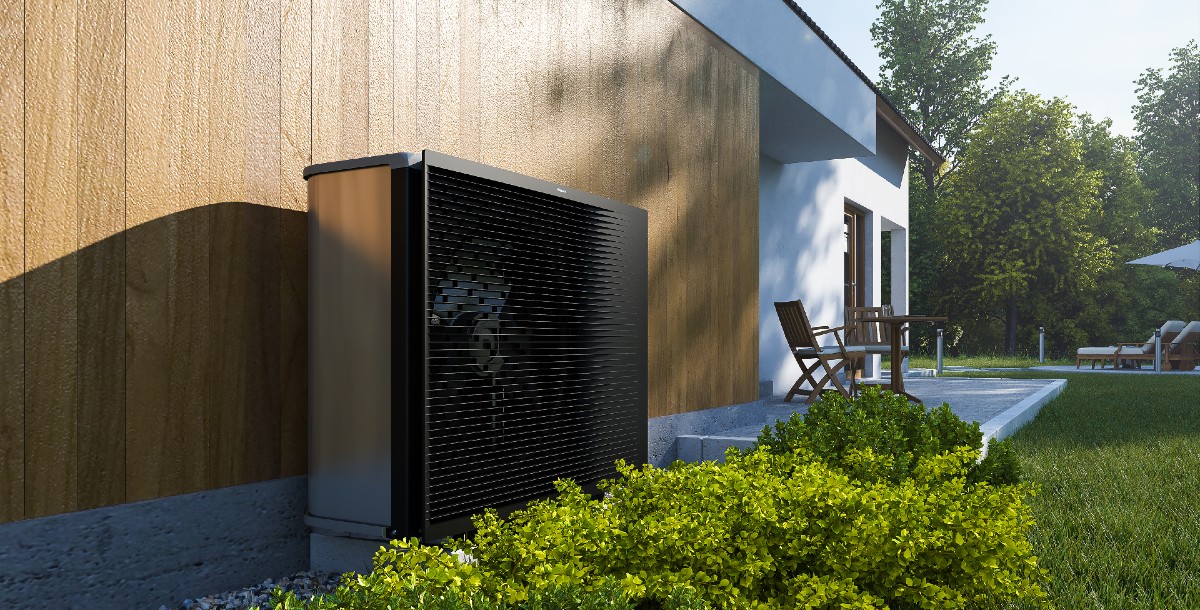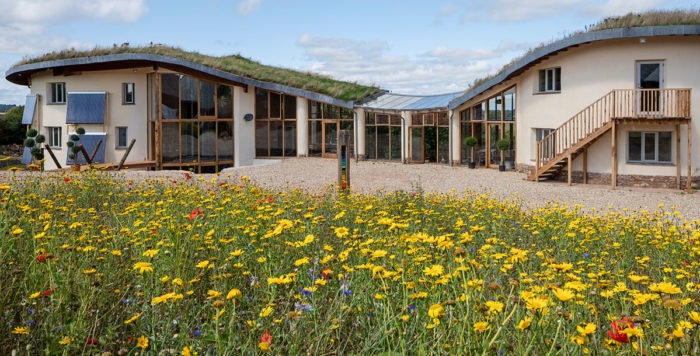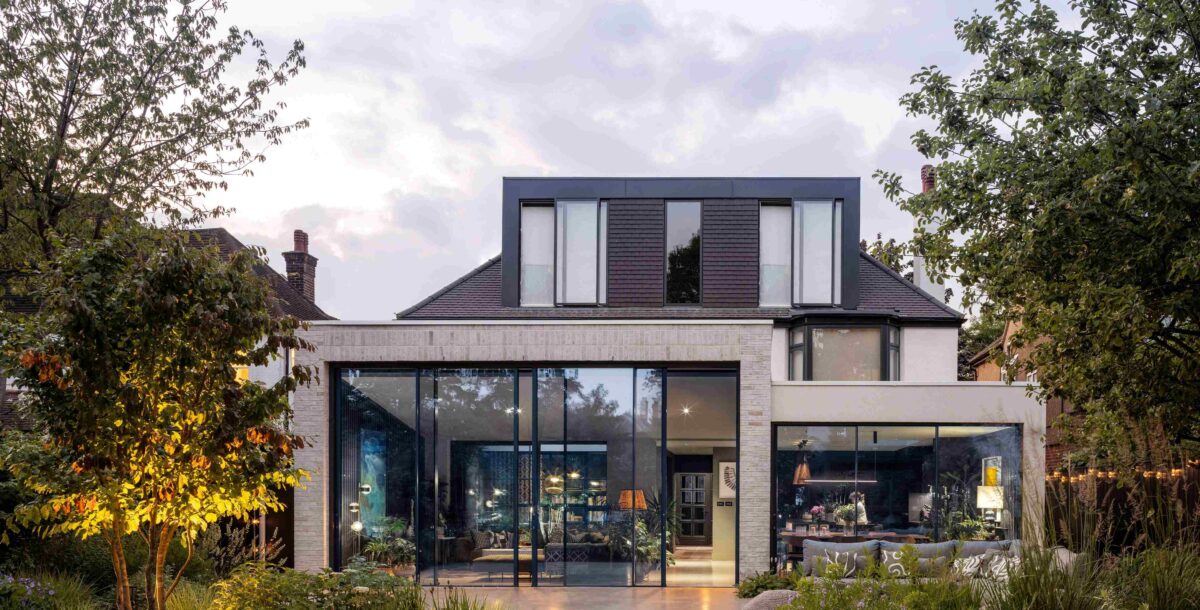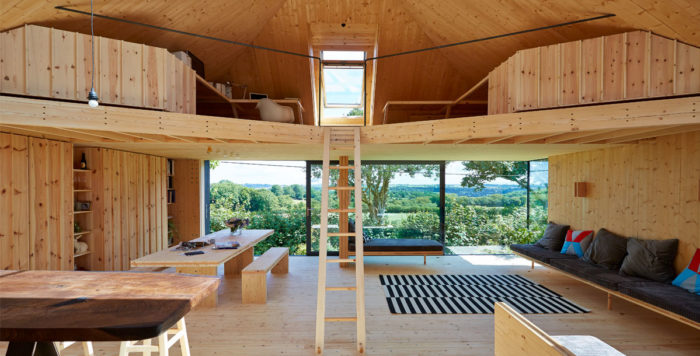What energy efficiency grants are available in the UK?
With domestic heating accounting for nearly a quarter of the energy used across the UK, and the government committed to net zero by 2050, you’d expect politicians to be driving the uptake of low-carbon alternatives. But the support available is patchy and has attracted criticism for its lack of ambition: the Green Homes Grant, for example, has been cancelled after failing to deliver anywhere near the uptake it promised.
Today, the range of available grants varies by scheme, location and even household status. In this article, we’ve listed everything that’s currently available, so you can check if you’re available for any of the grants or schemes. Everyone can take advantage of lower costs on some products: energy-saving materials like insulation, solar panels, heat pumps and biomass boilers are zero-rated for VAT until 2027.
Boiler Upgrade Scheme (BUS)
The Boiler Upgrade Scheme (BUS) is open to people in England and Wales who are replacing a fossil-fuel heating system in a domestic or non-domestic property. You can get a BUS grant of £5,000 towards the cost of installing a biomass boiler, but only where the property is both off the gas grid and in a rural location. There are no biomass grants available for self-build properties – that is, properties you’re either building yourself, or have commissioned a builder to construct for you.
The BUS grants for heat pumps are more generous, and the rules less strict. You can get £7,500 towards the cost of installing an air-source or ground-source heat pump, provided you’re upgrading from a current fossil fuel system.
Scottish homeowners can get a grant of up to £7,500 towards the cost of installing a heat pump through the Home Energy Scotland Grant scheme. Those not covered by the gas network qualify for an uplift to a maximum of £9,000. At the time of writing, the Boiler Replacement Scheme in Northern Ireland had been closed to new applicants, and there were no government grants available for renewable heating projects.
Great British Insulation Scheme
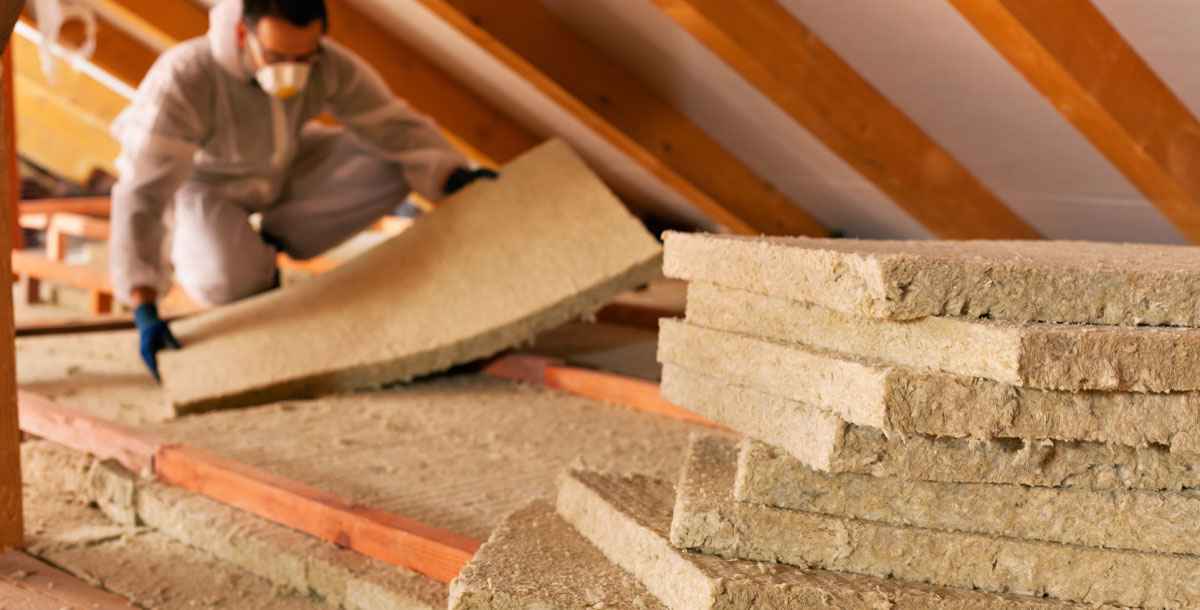
Image credit: Adobe
The Great British Insulation Scheme is a government scheme (administered by Ofgem) that aims to tackle fuel poverty by insulating the least energy-efficient homes in the country and thus reducing their energy bills.
If you’re eligible, you could benefit from one insulation measure per property. Your provider will assess your home to gauge which changes would have the biggest impact on energy use. Similar to the ECO4 scheme, the Great British Insulation Scheme offers paid-for improvements to your home, rather than a grant. You could receive one of the following home improvements for free:
- cavity wall insulation
- solid wall insulation (internal or external)
- loft insulation
- flat or pitched roof insulation
- underfloor insulation
- solid floor insulation
- park home insulation
- room-in-roof insulation
To qualify for the scheme, you must fit the criteria for either their general or low-income group. You fit into the general group if you own your own home (or have the permission of your landlord); your property has an EPC rating of D, E, F or G; and you’re in Council Tax band A to D in England or A to E in Scotland and Wales.
The low-income group is for homeowners or tenants who receive at least one of the following benefits:
- Child Benefit
- Pension Credit Guarantee Credit
- Employment and Support Allowance
- Jobseekers Allowance
- Income Support
- Child Tax Credits
- Working Tax Credits
- Universal Credit
- Housing Benefit
- Pension Credit Saving Credit
Apply for the Great British Insulation Scheme via the government website.
ECO4 scheme
Jon Bonnar, of Cotswold Energy, reminds us that one of the best ways to reduce your energy bills is to improve your home’s insulation.
The financial costs vs benefits of some energy-efficiency improvements aren’t simple to calculate, and many eco improvements require high upfront financial input. But Jon points to several potential sources of funding that could help pay for energy-efficiency home improvements.
The ECO4 (Energy Company Obligation) is a government-backed programme that aims to improve the energy efficiency of homes across the UK to make them warmer and lower carbon emissions. If you’re eligible, you could benefit from a range of energy-saving measures, such as smart thermostats, insulation, heat pumps, boiler replacements and even solar panels – entirely funded by the ECO4 scheme.
The ECO4 scheme is not a grant scheme, so you won’t receive any payments. Instead, you could get energy-saving measures installed in your house for free, which is likely to result in a significant reduction in your bills.
To qualify for ECO4 funding, you must own your own home, or have the permission of your landlord. Importantly, your property must have an energy performance certificate (EPC) rating of D, E, F or G, and you must get one of the following benefits:
- Jobseekers Allowance
- Employment and Support Allowance
- Income Support
- Pension Credit Guarantee Credit
- Working Tax Credit
- Child Tax Credits
- Universal Credit
- Housing Benefit
- Pension Credit Saving Credit
- Warm Homes Discount Scheme Rebate
- Child Benefit (if your income is below a certain level)
If you don’t receive any of these benefits but have a total household income of under £31,000 per year) and a health condition that is made worse by living in a cold home, you might still qualify. You can apply via the ECO4 website.
Home Upgrade Grant
The Home Upgrade Grant is another scheme offering energy-efficiency upgrades and low-carbon heating. However, this time, it is administered via local authority funding. This one is specifically for homes that do not have mains central heating. If you’re eligible, you could receive a range of energy-efficiency home improvements such as insulation measures, renewable heating solutions (such as heat pumps and solar panels), or even upgrading single-glazed windows to double-glazed.
You qualify for the Home Upgrade Grant if you live in one of the local authority areas listed and have a household income of less than £31,000 or you’re in receipt of a means-tested benefit. In addition to this, your home must be off the gas grid and have an EPC between D and G. You can apply for a Home Upgrades Grant via the government website.
Barclays Greener Home Rewards
Barclays bank offers Greener Home Rewards, its own scheme to help make homes greener for its mortgage customers. It aims to do its bit in tackling climate change by helping customers to cut their home emissions. Barclays can help towards the cost of energy-efficient home improvement, such as adding solar panels, insulation, heat pumps, doors and windows.
The amount you’ll be granted varies depending on the type of work you choose – for example, it could provide £2,000 towards heat pumps, £1,000 towards solar energy or £500 towards doors and windows. It offers one Greener Home Reward per mortgage (or joint mortgage), To qualify for a Barclays Greener Home Reward, you must:
- have a residential mortgage with Barclays Bank UK
- use a TrustMark registered business or tradesperson to undertake the work
- have the improvements made to the property where you permanently live
Register your interest via the Barclays website. And hurry, hurry because the scheme closes on 31 January 2024.
Government plans from 2025
The Government has announced £6bn of funding for new and existing schemes, as part of its plans to help families reach net zero. Some of the funding is to help with existing schemes, such as an increase of £1.5bn in funding for the Boiler Upgrade Scheme. However, the government has also announced preliminary details of new schemes, with details to come.
From 2025, there will be a new £400m energy efficiency grant, for households in England to make changes, such as bigger radiators or better insulation. The full name of the scheme and eligibility criteria have not been announced yet.
There will be £500m for the new local authority retrofit scheme, supporting up to 60,000 low-income and cold homes. And the Social Housing Decarbonisation Fund has been allocated £1.25 billion to help up to 140,000 social homes upgrade insulation or retrofit to improve energy performance.

